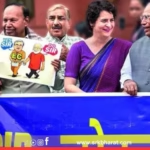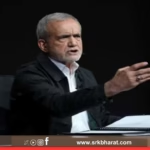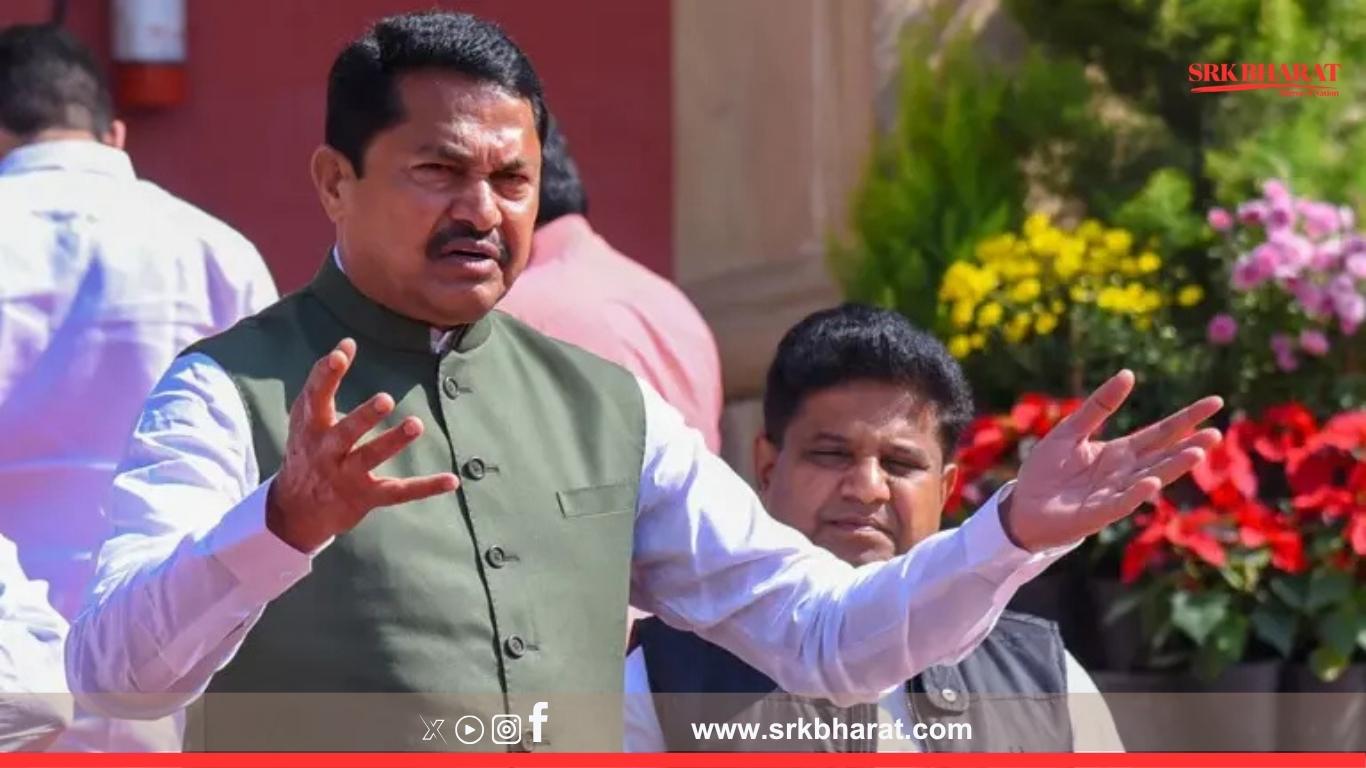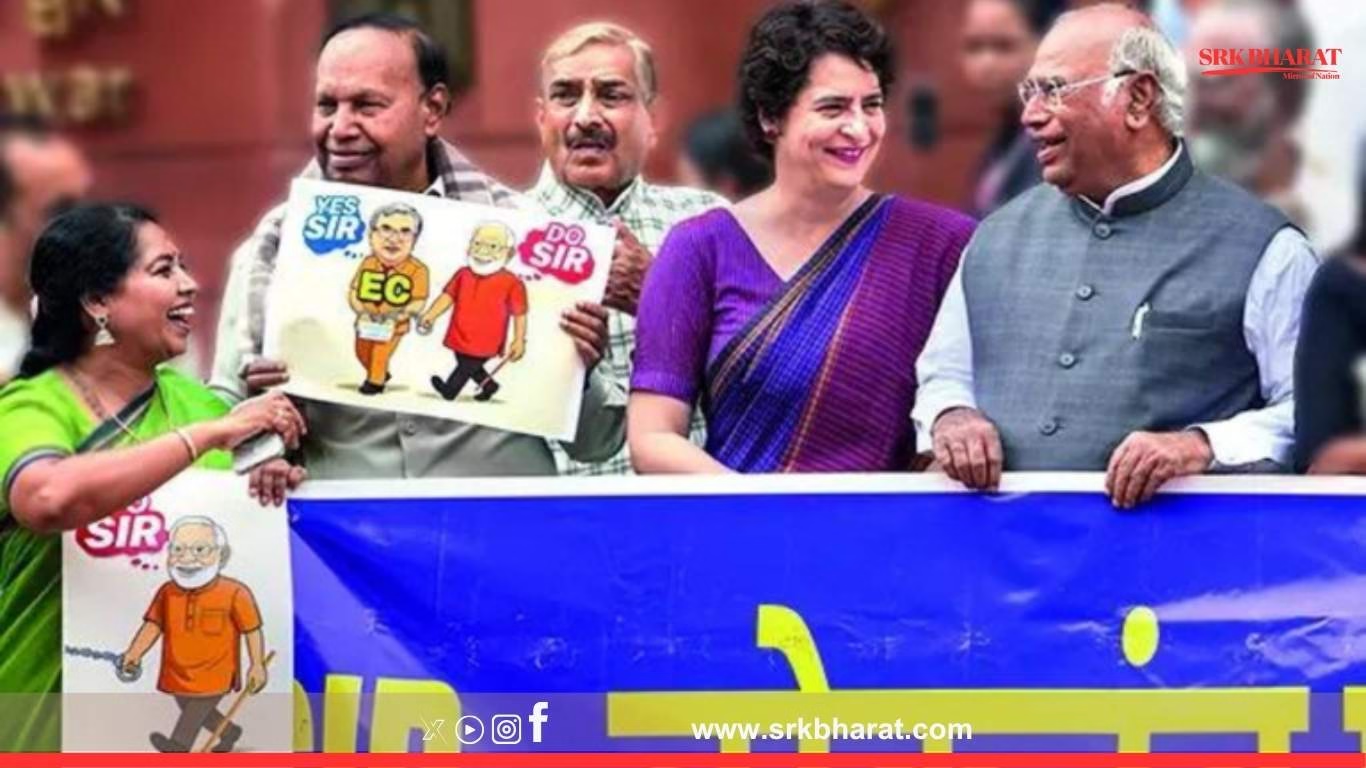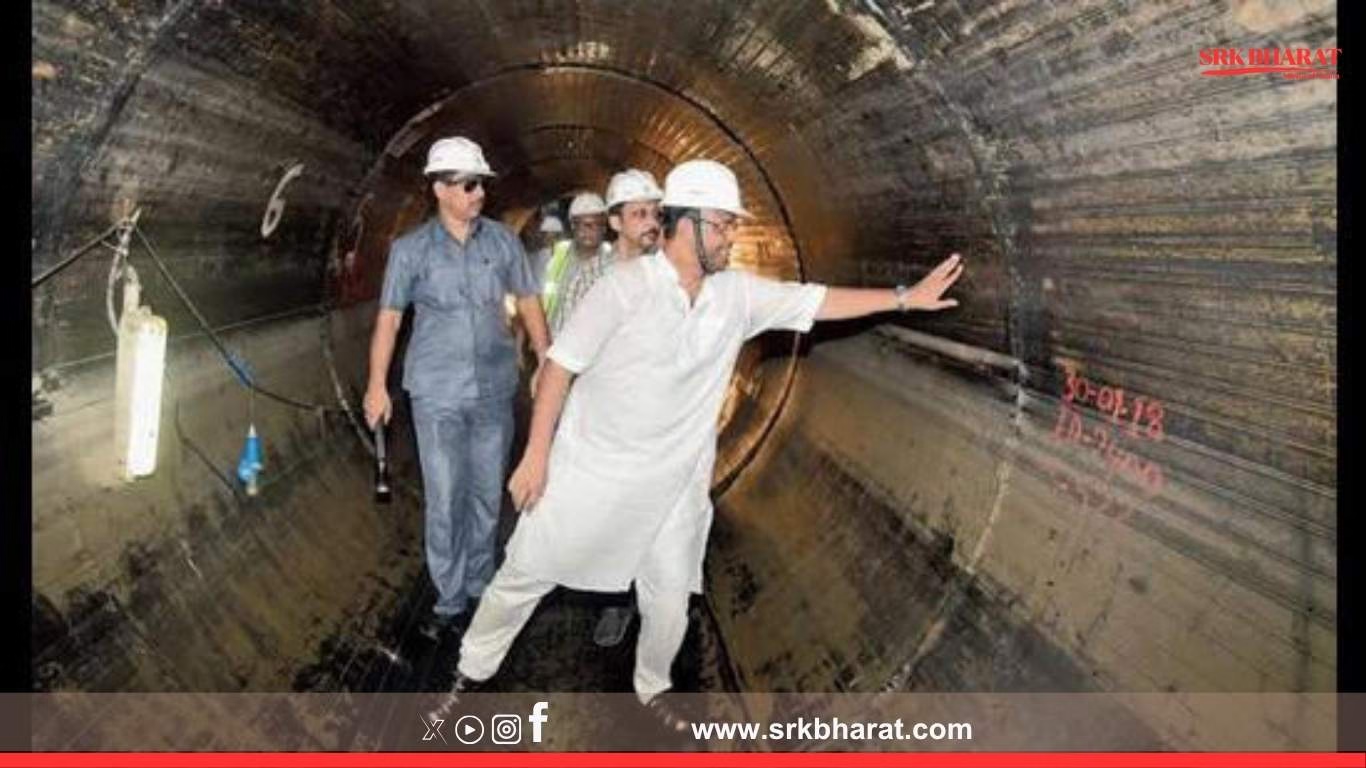Maharashtra Congress president Nana Patole launched a sharp attack on Deputy Chief Minister Devendra Fadnavis, alleging that waste management decisions in Mumbai are being dictated by Prime Minister Narendra Modi and Union Home Minister Amit Shah. His comments come amid mounting public anger over deteriorating garbage disposal, clogged drains, and unhygienic conditions across the metropolis during monsoon.
What Did Nana Patole Say?
Addressing reporters at the Mumbai Congress office on Tuesday, Patole stated:
“Decisions regarding Mumbai’s garbage are not being taken by the state government or local bodies. Everything is decided at the behest of Modi and Shah. The Deputy Chief Minister is only executing their orders without considering public health.”
Patole alleged that the Bharatiya Janata Party (BJP) is deliberately paralysing municipal waste management to benefit private contractors aligned with top leadership interests.
The Trigger: Mumbai’s Mounting Waste Crisis
Mumbai produces nearly 7,000 tonnes of garbage daily, of which:
- Less than 30% is scientifically segregated.
- Landfill sites in Deonar and Mulund have exceeded capacity.
- The new waste-to-energy project at Deonar remains delayed by over 18 months.
- Monsoon rains expose clogged drains as uncollected garbage accumulates.
Recent public outrage was sparked after visuals of waste piling up in Kurla, Chembur, and Sion went viral on social media, raising health concerns.
Devendra Fadnavis’s Stand
Deputy CM Fadnavis, who oversees urban development, recently announced:
- Rs 1,500 crore allocation for upgrading Mumbai’s solid waste management under Swachh Bharat 2.0.
- Fast-tracking waste-to-energy plant clearances in Deonar.
- New mechanised garbage collection fleet for Mumbai Municipal Corporation.
However, opposition leaders accuse Fadnavis of focusing more on contractor benefits rather than decentralised waste segregation and recycling at ward levels.
Congress’s Political Strategy
Patole’s remarks are seen as part of Congress’s broader campaign to:
- Highlight urban governance failures under the BJP-led state government.
- Mobilise Mumbai’s slum dwellers and urban poor, worst affected by waste dumping near settlements.
- Counter the narrative that BJP’s urban policies are development-centric.
He said:
“Garbage mountains are rising in Mumbai while the BJP builds its towers of corruption. Modi and Shah control everything, and Maharashtra’s ministers act like puppets.”
Reactions From BJP
BJP Mumbai unit president Ashish Shelar dismissed Patole’s comments as:
“Baseless, childish, and typical of a party that ruled Mumbai for decades without solving the garbage issue. The current government is implementing modern waste processing systems blocked under Congress-NCP rule.”
Waste Management Data Snapshot
| Year | Mumbai Daily Garbage Generation (tonnes) | % Scientifically Processed |
|---|---|---|
| 2015 | 6,500 | 18% |
| 2019 | 6,800 | 22% |
| 2022 | 7,000 | 25% |
| 2025 (Est) | 7,200 | 28% |
The marginal rise in processing has been criticised by environmental groups, especially as Mumbai aims to become a “zero landfill city” by 2030.
Key Problem Areas Identified By Civic Audits
- Delayed waste-to-energy plants at Deonar and Mulund.
- Lack of ward-level decentralised composting centres.
- Poor awareness and enforcement of household waste segregation.
- Illegal dumping along Mithi riverbanks worsening flood risks.
- Contractor lobbies resisting reforms that threaten manual dumping revenues.
Congress Plans To Intensify Campaign
Patole announced a state-wide ‘Swachh Maharashtra, Swachh Neta’ campaign, aiming to:
- Expose garbage mismanagement and corruption in municipal waste contracts.
- Hold public meetings in slum settlements affected by waste dumping.
- Demand immediate clearance of Deonar landfill expansion hurdles.
- Push for decentralised biogas and composting units across Mumbai’s wards.
He added:
“If Fadnavis cannot manage Mumbai’s garbage, how will he manage the state’s future?”
Political Analysts’ View
| Analyst | Observation |
|---|---|
| Pradeep Rawat, Mumbai political commentator | Patole is tapping urban frustration to revive Congress’s shrinking base in Mumbai, especially among slum dwellers and lower middle class affected by civic neglect. |
| Neha Joshi, Governance expert | Waste management decisions are influenced by both state and central schemes. Patole’s attack on Modi-Shah may resonate politically but solutions require decentralisation, not just top-level blame. |
| Mohan Patil, Senior journalist | BJP’s brand is urban development. Garbage crises dent that image. Congress is leveraging it ahead of BMC polls. |
Fadnavis’s Recent Counter Initiatives
In response to criticism, the Deputy CM’s office outlined new steps:
- Deonar Waste-to-Energy Project: Completion deadline advanced to June 2026 with penalty clauses for contractors.
- Public-Private Partnerships: BMC to invite global waste management firms to upgrade processing technologies.
- Clean Colony Drives: Pilot decentralised waste segregation and recycling models in 50 residential colonies across Mumbai.
Challenges Ahead For Mumbai
Environmentalists warn that without behavioural change, even infrastructural upgrades may fail. The Maharashtra Pollution Control Board has issued multiple warnings to BMC over leachate seepage from landfills contaminating local water bodies, including:
- Mithi River
- Mahul creek
- Powai Lake catchment
Conclusion
Nana Patole’s attack on Devendra Fadnavis, linking Mumbai’s waste management decisions to Prime Minister Modi and Home Minister Shah, is part of Congress’s aggressive campaign to target the BJP’s urban governance narrative ahead of upcoming municipal elections. While the BJP refutes these allegations, the mounting garbage crisis remains a pressing civic challenge that could shape voter sentiments in Asia’s largest civic body polls. The ultimate test for all stakeholders is not just political rhetoric but visible cleanliness and dignity in Mumbai’s daily life.
Disclaimer: This report is based on political statements, civic data, and expert analyses. Citizens are advised to follow municipal updates and local public health advisories for waste-related issues in their areas.

